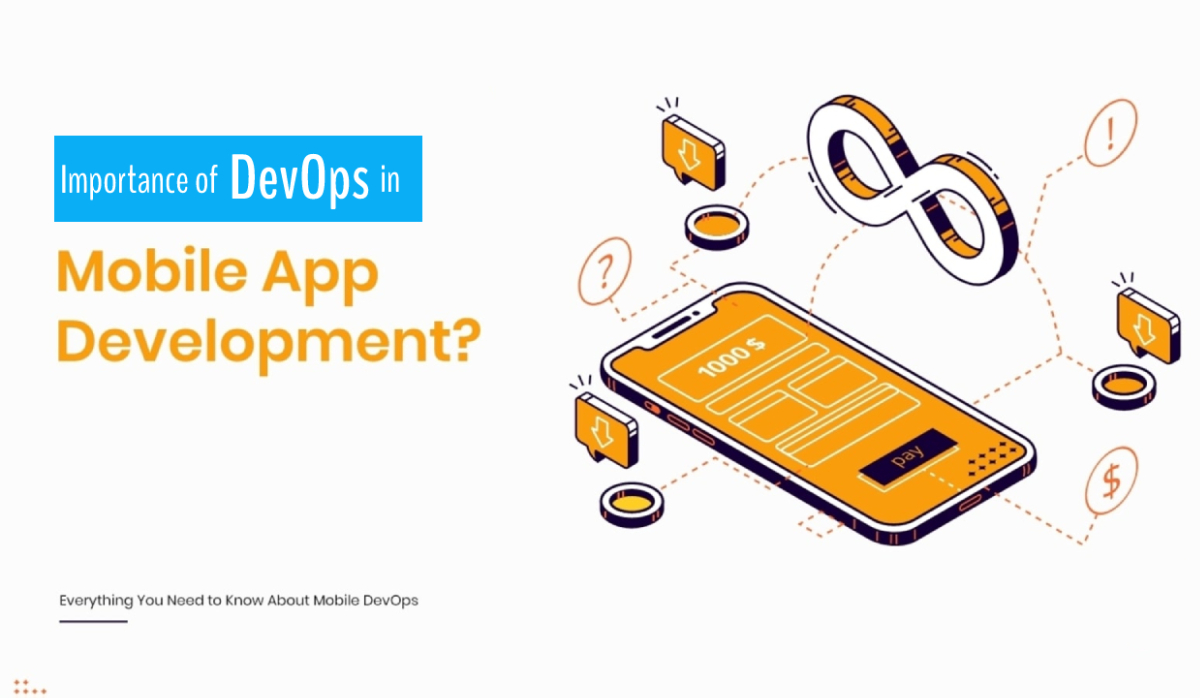According to Statista, smartphone users have exceeded 3 billion and are expected to increase by several hundred million in the coming years. With a significant increase in the number of mobile users and app downloads, the industry of mobile applications is growing steadily and showing no signs of slowing down in the near future.
Millions of people worldwide use mobile devices as the primary source of Internet access. This is why many industries have developed mobile applications for their business, and in recent years, the IT industry has mainly focused on meeting the market demand. Their business synergies were focused on making a market existence.
However, organisations ignored the need to focus on application security, code quality, maintainability, and development costs. Now is the time to focus on these issues and introduce new techniques to improve quality and reduce risk.
The rise has finally settled, and application development companies are at the fore today. This changing IT transformation has become essential to focus on previously neglected elements and adopt new methods that provide high-quality solutions at a lower cost.
And that is exactly how DevOps comes into the picture.
Let’s Understand What is DevOps?
DevOps is a unique methodology that emphasises effective collaboration between all stakeholders involved in building a digital product and involves operating staff members, application developers, and project managers.
Although conventional software development strategies and approaches create additional development costs, time expenditure, and customer dissatisfaction, DevOps bridges the gap between operations and development and overcomes the challenges associated with ongoing software development.
The idea of DevOps for mobile app development is to promote a culture of collaboration between teams that previously worked individually. DevOps is not just an approach; it can be primarily considered a state of mind or culture. It causes a rethink, promotes deeper integration and improves collaboration.
DevOps combines automation, continuous delivery and agility so development and operations teams can be more productive and software can launch more reliably and faster.
DevOps has become easier to optimise business objects and offer customers more value. Enterprise and corporate adoption of DevOps are highly beneficial as it provides an encouraging ROI.
According to research by UpGuard, companies using DevOps witnessed 63% improvements in the quality of their software implementation, and 63% were more likely to release new software.
The Essential 6 C’s of Mobile DevOps
There are essentially six essential elements of the DevOps methodology. These elements connect the entire process and safeguard the security and quality of the software.
1. Continuous Integration
The way you write code should be collaborative to ensure that code written by one team can be seamlessly combined with that of another. In DevOps, Continuous Integration focuses on regular, bug-free development combined with the final written code.
2. Continuous Planning
Continuous planning outcomes in the entire project team – project managers, developers, operations staff, business analysts, and other stakeholders – are brought together on a common platform to determine the application’s capabilities and discover its results and resources.
3. Continuous Monitoring
Developers can monitor and test with DevOps before handing over the application to the end-user. Continuous monitoring helps to identify and solve problems.
The development process remains stable without human interaction, regardless of the size of the change, which ensures the stability and good performance of the application.
4. Continuous Testing
It’s an essential part of the application development lifecycle. It helps fix application bugs and issues in advance and ensures that quality products are delivered to customers. The primary purpose of continuous testing is to test the application in advance.
5. Continuous Deployment
Continuous deployment is another DevOps standard. It’s a process where any code that passes the automated testing phase is automatically sent to the production environment.
6. Continuous Delivery
This process results in the software and its updates being offered to the production environment in more minor phases to ensure that developers can publish the software at any time. DevOps in mobile applications provide that transformations in the code are distributed immediately.
The primary purpose of continuous delivery is to develop, test and deliver to customers faster and recurrently in smaller cycles.
How is DevOps different from Agile App Development?
DevOps and Agile are standard terms in mobile app development, and most organisations use at least one of these practises.
There are several ways that organisations use both Agile and DevOps to develop mobile apps. Some people think of Agile and DevOps as the same thing. However, that is not true. There is a significant difference between Agile and DevOps.
- DevOps
DevOps is a software development methodology that emphasises communication, integration, and collaboration between development and operations to enable rapid product delivery. It’s a process that aligns teams and increases an organisation’s speed in delivering products and services.
- Agile
The agile methodology focuses on the continuous iteration of development and testing. The agile development method divides the product into more minor phases/modules and integrates them for final testing. The agile methodology is iterative and incremental and can be used in many ways, such as Scrum, Kanban, etc.
Benefits of Adopting DevOps
- Lowers time to release
- Efficient use of resources
- Eliminate inefficiencies and bottlenecks
- Better feedback
Conclusion
The benefits of DevOps are widespread, but the result is the same: they can prove your project to be a game-changer. Implementing DevOps is not an easy method; it involves many strategic, technical, and business decisions, but it significantly increases the organisation’s value in terms of productivity and revenue when carried out successfully.
About The Dev and Test Guys
We assume that you have got an overview of the Role of DevOps in Mobile App Development. The Dev and Test Guys was featured as one of London’s top 10 App development companies. We have proficient, trained, and dedicated teams for mobile application development, which will surely help you align your requirements. Get in touch with us if you have mobile application development requirements, and we will surely meet your expectations.
